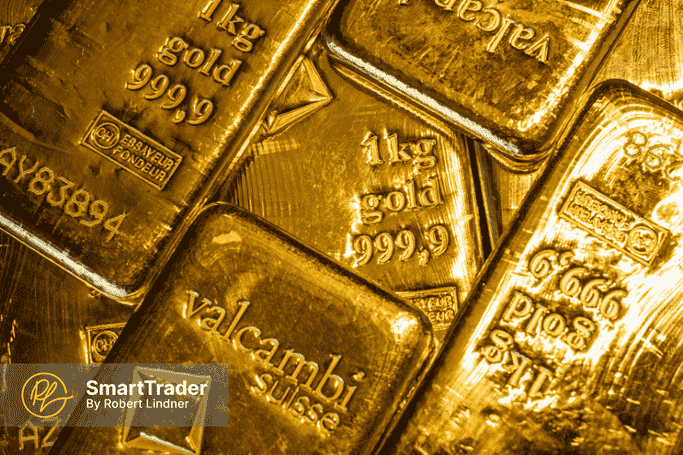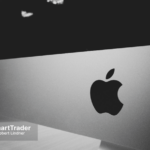📆 Friday, March 14
► European stocks rebounded on Friday, with the Stoxx 600 index rising 0.8%, but still heading for its biggest weekly decline in three months as uncertainty surrounding Trump’s tariff war and geopolitical tensions continued to weigh on sentiment. The UK economy contracted by 0.1% in January, missing expectations of a 0.1% gain, driven by declines in manufacturing and construction. Germany’s annual inflation rate held steady at 2.3% in February, confirming that price pressures remain persistent. French inflation fell to 0.8%, marking its lowest level since 2021, suggesting that price pressures in the eurozone remain uneven. Shares of luxury group Kering SA plunged 11% at open, after investors were disappointed by the appointment of Demna as Gucci’s new artistic director, casting doubts over the brand’s turnaround strategy.
► U.S. equity futures rebounded on Friday, with S&P 500 futures up 1.0%, and Nasdaq 100 futures gaining 1.4%, after lawmakers signaled they would pass a stopgap funding bill to avoid a government shutdown. The S&P 500 had fallen into correction territory on Thursday, extending its losses beyond 10% from its February peak. Nasdaq 100 is still down about 14% from its all-time high, as investor sentiment has soured due to Trump’s escalating trade war and signs of an economic slowdown. The Trump administration’s shifting stance on tariffs remains a key driver of volatility. After threatening 200% tariffs on European alcoholic products in response to EU levies on American whiskey, traders fear an escalation in trade tensions that could hurt global demand. Markets are also closely watching talks between Russian President Vladimir Putin and Donald Trump, as Russia signaled interest in discussing a ceasefire in Ukraine (don't believe Putin!). However, at the same time, the U.S. imposed new sanctions on Russian banks and restricted payments for energy transactions, further complicating diplomatic efforts.
► Asian markets rose sharply on Friday, with investors betting on further stimulus from China and Japan. China’s Shanghai Composite (+1.77%) and Hong Kong’s Hang Seng Index (+2.12%) snapped their losing streaks, as investors bought back beaten-down stocks. Banking stocks led the rally, as expectations grew that Beijing may cut the reserve ratio requirement to inject more liquidity into the financial system. Japan’s Nikkei 225 (+0.73%) edged higher, despite the JPY weakening past 148/USD after recent strong gains. Investors continued to monitor Bank of Japan Governor Kazuo Ueda’s signals on monetary policy, as the central bank prepares to reduce its balance sheet and tighten policy gradually.
Subscribe to see more




